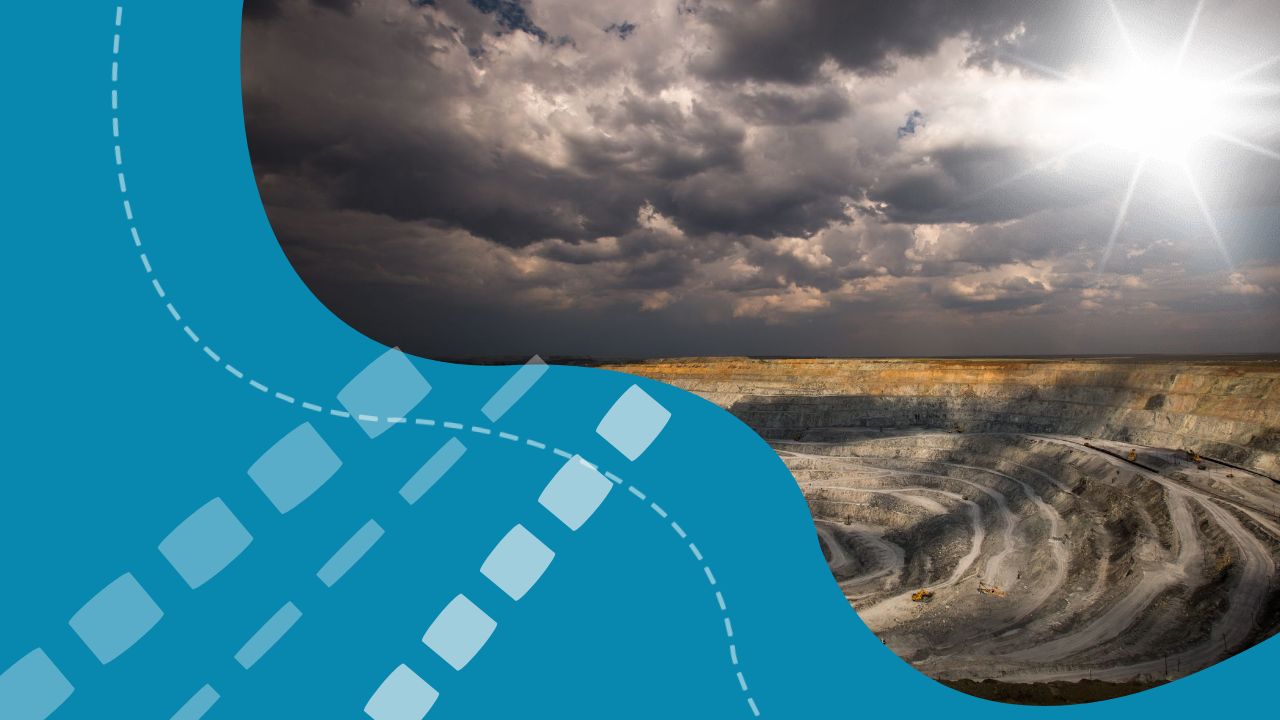The Speaker of the lower house of the Polish Parliament, Szymon Holownia, recently met with miners working at the Budryk mine – part of Jastrzebska Spólka Weglowa (JSW). During his visit, Speaker Holownia learned about the operations of the mine and the entire JSW, which produces coking coal – a raw material on the EU’s list of critical raw materials necessary for steel smelting.
Before visiting the mine, the Speaker underwent the necessary training to authorize him to go underground. He was then accompanied by Ryszard Janta, President of the JSW Management Board, Adam Rozmus, Vice-President of the JSW Management Board for Technical and Operational Matters, Krzysztof Baranowski, Director of the Budryk mine, and Wieslaw Chylek, Technical Director of the mine. Together, they descended to the 1290 m level via shaft VI, the deepest level in coal mines in Poland, where the temperature of the rock mass reaches almost 50°C.
From the shaft, the group proceeded by suspended cable cars to the area of the Bw-3 longwall, the main purpose of the visit. After a 300 m walk from the passenger station, the Speaker of the Sejm and his attendants stood at the entrance of the Bw-3 longwall. It took several minutes to walk along the 200 m longwall, where mining was underway, followed by a march to the 1000 level and a trip to the surface.
“What I saw today made a huge impression on me and will definitely stay with me. Visits such as this one teach respect and humility towards people who do a difficult and responsible job, who go down and up five days a week for 25 years. I hope that you will always be accompanied by luck and God’s protection,” said Szymon Holownia immediately after leaving the mine.
“I did not come here to present plans or to spin a vision. I came to listen, to see the mining reality. What I learned from you today will be helpful in my work. Thank you for allowing me to spend this time with you. I hope this is not our last meeting. I have already heard tentative invitations related to Miners’ Day. If they are upheld, we will of course see each other again,” the Speaker added.

